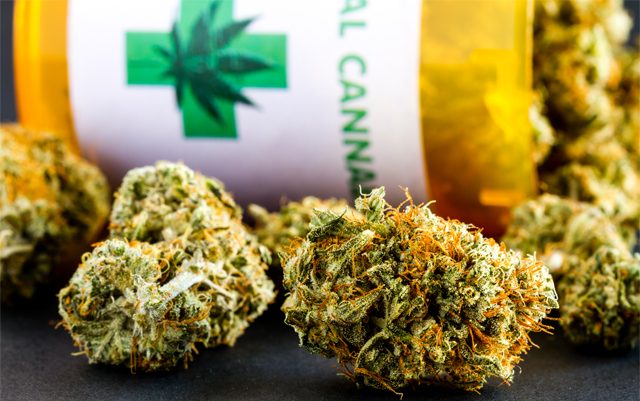Once medical marijuana laws are passed, there is still typically quite a gap in time before patients can finally have access to the medicine they fought so hard to get. States have to come up with their own legislation or regulations surrounding these medical marijuana programs to ensure that the plant is being used for its purpose as a medicine and not for recreation. Issues such as how the applications for business licenses will be processed to getting the plants in the ground and implementing seed-to sale-tracking and much more – it’s no small task to undertake for any state.
In Maryland, the last six months have been relatively quiet when it comes to the medical marijuana program they have promised to patients. It appears that lawmakers were not prepared for the flood of applicants they would have once the application process was finalized. As a result, the applications have been under review by Towson University’s Regional Economic Studies Institute since last December.
The medical marijuana laws in Maryland are interesting because they differ from other states in who will be able to recommend the plant as medicine (which will include dentists) and the fact that healthcare professionals will be able to suggest the herb for patients who are not residents of the state; these things, among the usual incentives, brought over 1,000 people to apply for licenses all at once – and only a very limited number of those applications will be awarded a license.
Officially, Paul Davies, Chairman of the Natalie M. LaPrade Medical Cannabis Commission, has said sometime in the beginning of August they would finally be awarding licenses to 15 growers and around 15 processors. This will be the first major step forward since applications were accepted – and a few weeks later they would start to license the additional processors (up to 60 in total) and eventually they will begin licensing dispensaries.
They are hoping to be able to sell medical marijuana from licensed dispensaries to patients by January 2017. In total, there will be 94 dispensaries, two for every senatorial district (much less than is found in most states). Once businesses are awarded a preliminary license, they will have one year to get everything they need in order to obtain a final license. There is a lot for Maryland to accomplish in the next six months to make their goal a reality – but it is entirely doable.






